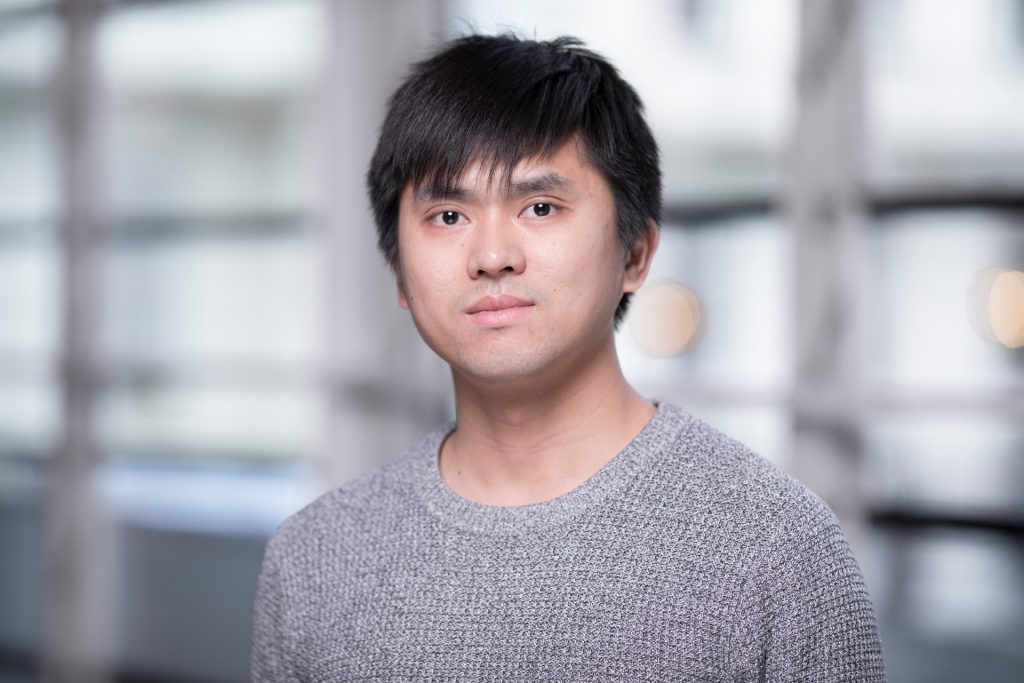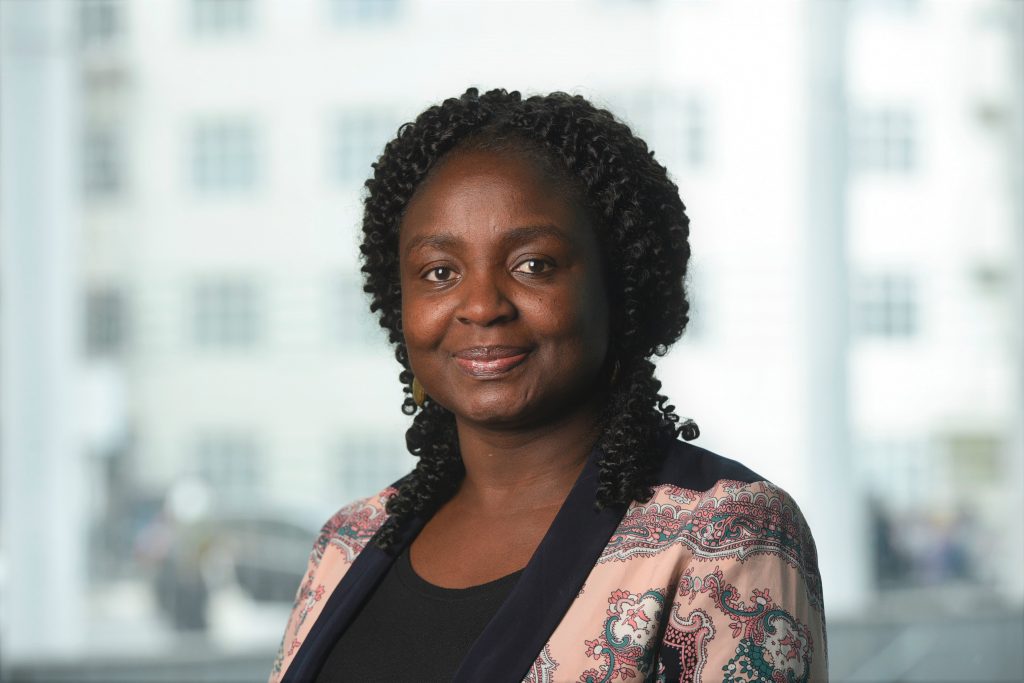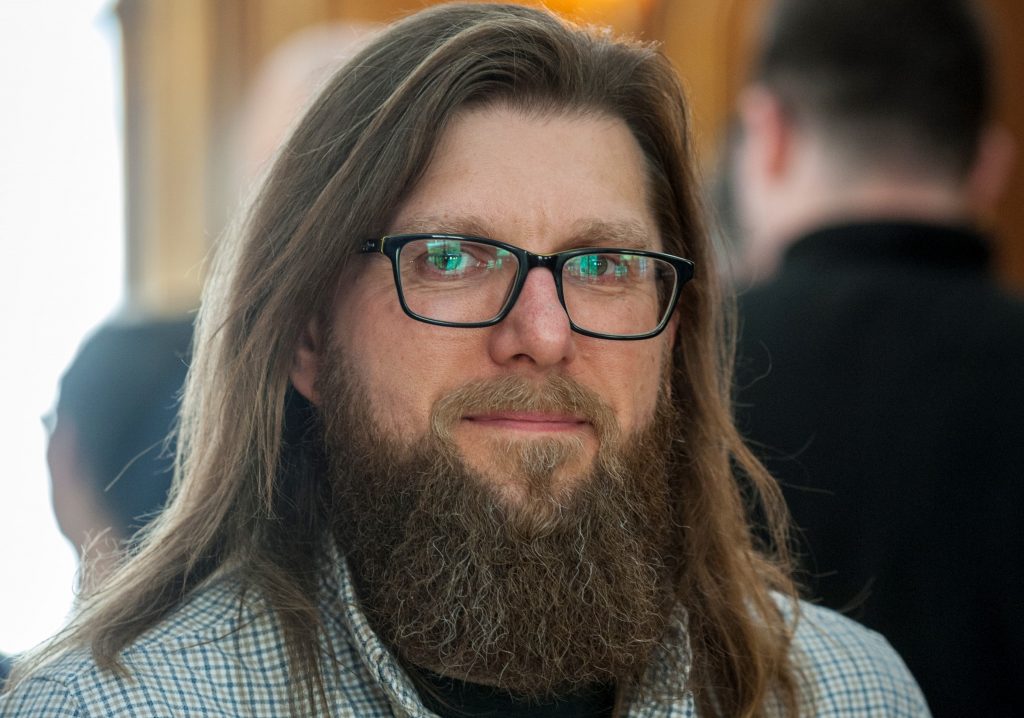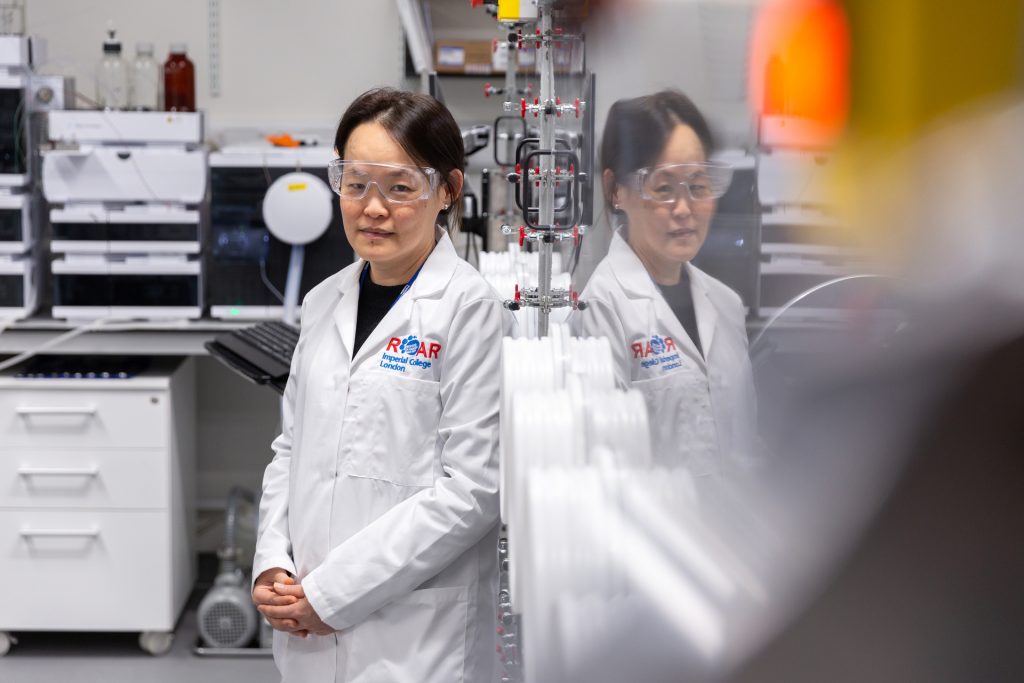
As the manager of the Department of Mathematics’ research IT facility in the Huxley Building, which has over 200 systems providing more than 1000 processors and 1000 terabytes of data storage, I have a busy, varied and enjoyable job.
I have been very fortunate to have spent most of my working life in research, starting in 1975 as an Electronics Technician in the Acoustics Lab of the former Chelsea College. I spent a decade creating specialist devices for projects and driving a mobile laboratory all over the UK.
An advert in the Guardian in 1999 for someone to come and sort out a motley collection of UNIX and Linux systems in Imperial’s Department of Mathematics was too much to resist. After arriving at Imperial in January 2000 (just in time to face and deal with the infamous Y2K bug), I have not looked back and have thoroughly enjoyed being here. Working at Imperial is like being part of a large family where I always feel at home, where thinking outside the box and embracing new ideas is the norm.
My present job is more like working for a small start-up. I routinely work on systems, networks, databases and programming all at once, and am responsible for every aspect of the facility. But above all, the most satisfying part of my role is providing a reliable service which gives researchers exactly what they want, when they want it and within budget.
Finally, receiving the President’s Medal for Research Support Excellence in 2018 has been the high point of my being at Imperial.
Read Andy Thomas, Research Computing Manager, Department of Mathematics in full










